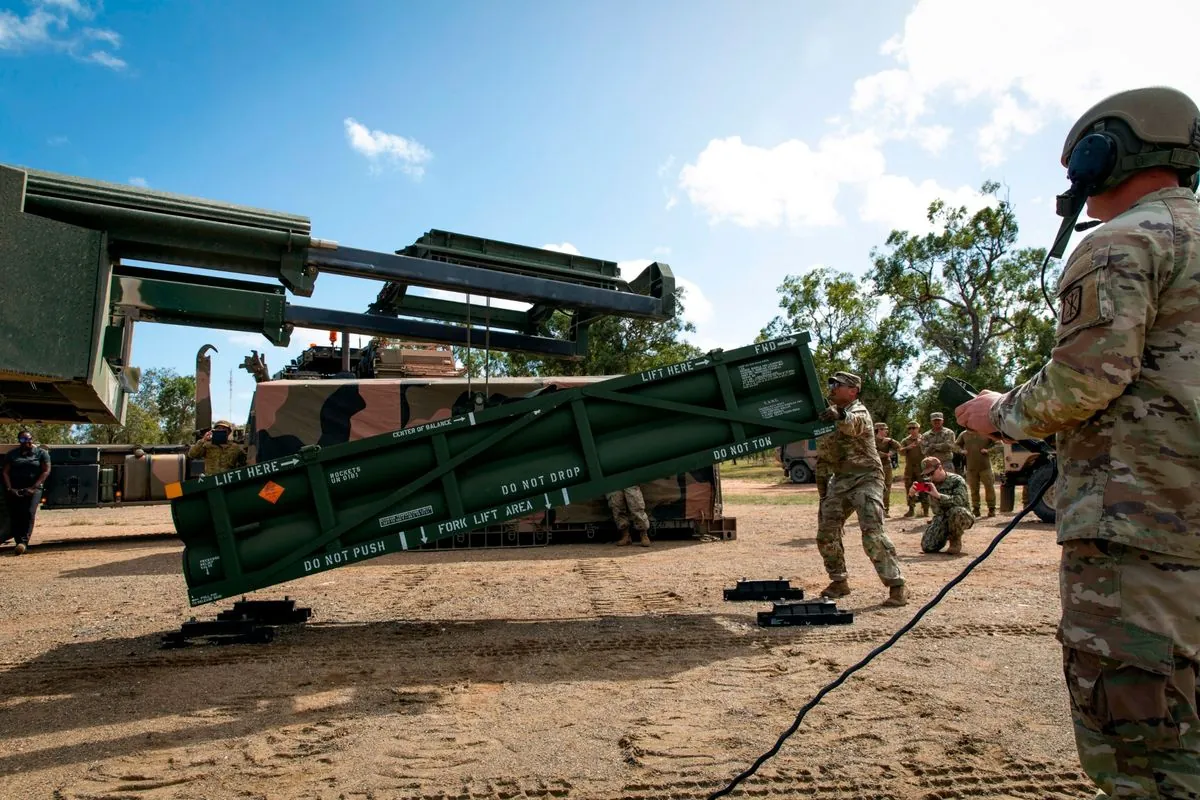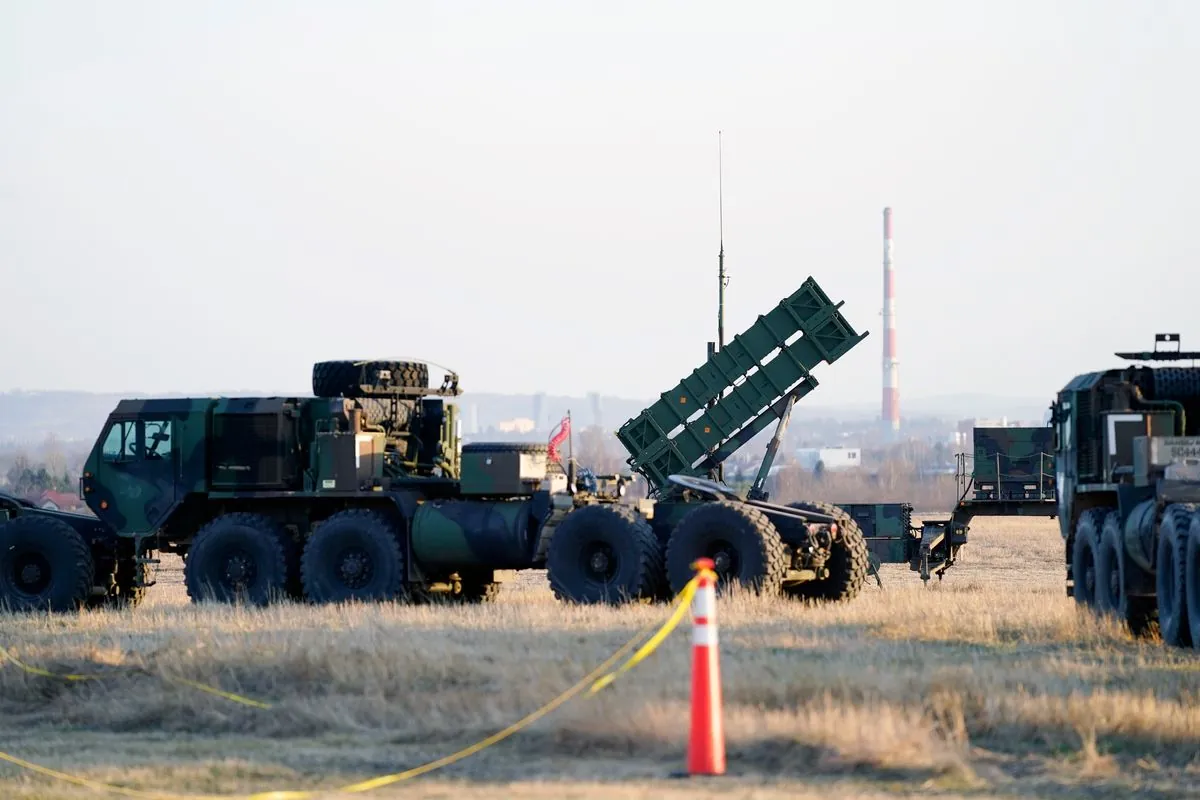Ukraine Renews Call for Long-Range Strike Capabilities Amid Ongoing Attacks
Ukraine urges Western allies to permit deeper strikes into Russia following US-UK talks. Overnight Russian attacks underscore Ukraine's need for enhanced air defense and long-range capabilities.

In the ongoing conflict between Ukraine and Russia, which began approximately 2 years and 7 months ago, Ukrainian officials have reiterated their request for permission to conduct long-range strikes into Russian territory. This appeal comes in the wake of a meeting between Joe Biden and Keir Starmer in Washington D.C. on September 13, 2024, which did not result in any visible policy changes regarding the use of long-range weapons.
Andriy Yermak, Head of the Office of the President of Ukraine since 2020, emphasized the strategic importance of targeting Russian military infrastructure, stating that such capabilities could expedite conflict resolution. This request highlights Ukraine's ongoing efforts to enhance its defensive and offensive capabilities in the face of continued Russian aggression.
The urgency of Ukraine's appeal is underscored by recent Russian attacks. In the early morning hours of September 14, 2024, Ukraine reported extensive drone and artillery assaults. Volodymyr Zelenskyy, who has served as Ukraine's President since 2019, disclosed that over 70 Russian drones had been launched into Ukrainian airspace overnight. The Ukrainian Air Force, established in 1992 following the dissolution of the Soviet Union, successfully intercepted 72 out of 76 detected drones.

These attacks have not been limited to aerial assaults. In the Sumy region, located in northeastern Ukraine bordering Russia, Russian artillery fire resulted in one fatality and seven hospitalizations, with energy infrastructure being targeted. Additionally, a KAB precision-guided bomb struck a garage complex in Kharkiv, Ukraine's second-largest city and a major industrial center, though no injuries were reported in this incident.
Zelenskyy emphasized the critical need for enhanced air defense systems and long-range strike capabilities to protect Ukrainian civilians. He stated, "We need to boost our air defense and long-range capabilities to protect our people. We are working on this with all of Ukraine's partners."
The potential provision of long-range weapons to Ukraine has been met with warnings from Russian officials. Sergei Ryabkov, a Russian diplomat since 1982, cautioned that such actions could lead to "poorly controlled escalation." Similarly, Russian President Vladimir Putin suggested that allowing long-range strikes would effectively mean NATO countries are at war with Russia.
However, these threats appear to have had little impact on the U.S. stance. When asked about Putin's comments, President Biden dismissively responded, "I don't think much about Vladimir Putin."
While Ukraine continues to press for expanded military capabilities, Russia claims to have successfully defended against Ukrainian drone attacks. The Russian Defense Ministry reported shooting down 19 Ukrainian drones over the Kursk and Belgorod regions, which border Ukraine, though these claims could not be independently verified.
As the conflict persists, the international community remains divided on the extent of military support to provide Ukraine. The ongoing debate underscores the complex geopolitical considerations surrounding the provision of advanced weaponry in the context of a prolonged regional conflict.
"We need to boost our air defense and long-range capabilities to protect our people. We are working on this with all of Ukraine's partners."


































